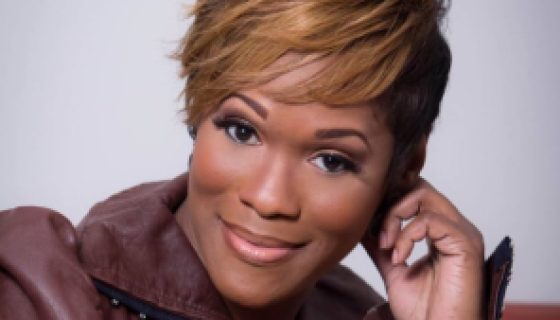
Source: Doug Pensinger / Getty
There was a time, many years ago, when the Colts had a choice: Peyton Manning or Ryan Leaf.
It seems, all this time later, such an absurdity. But then, in 1998, there was real disagreement across football. Half of the NFL thought Leaf would have a better career, and the other half felt Manning would be a star. Bill Polian, then the general manager of the Colts, was definitely in the latter camp.
One of the things that convinced Polian was Manning telling him this in a predraft meeting: Draft me, and we’ll win Super Bowls; don’t, and I’ll come back and kick your ass. Polian had already fallen in love with Manning, but that sealed it.
Manning leaves the game with the most career passing yards (71,940), the most passing yards in a season (5,477), the most 4,000-yard seasons (14), the most passing touchdowns in a career (539) and season (55), and is tied with Brett Favre for the most quarterback wins in a career.
That Manning-Leaf moment is an example of how excruciatingly fragile careers and legacies can become. This is a lesson Manning has also learned.

Source: TIMOTHY A. CLARY / Getty
Manning is retiring. It’s official now. We don’t know if that retirement will last. Even if Manning says he will never play football again, well, we’ve heard that before. (Cough—Brett Favre—cough.)
Still two things are clear: When Manning is eligible for the Hall of Fame, he will dance in. The hall will send a flying carpet, a crown and a scepter, and Canton will have to clear room for all the records he holds. On the field, what Manning has done cannot be diminished in any way.
The best quarterback of all time is Tom Brady. Second is Joe Montana. Third is John Unitas. Fourth is John Elway. To me, Manning is fifth. (And Aaron Rodgers will pass them all.) Such rankings will be debated for centuries and aren’t important for the moment.
What is is his legacy off the field. It’s thorny and not easy to digest or unpack. It causes red state/blue state-like fights, and while it won’t impact his entrance into the Hall of Fame, it will be discussed and poked and kicked around. And it should be.
Manning’s legacy is one of greatness and shine and statistical achievement, but it’s also muddled. A little less sparkling than before, a little less perfect.
They didn’t assault that woman until they did. They weren’t driving drunk until they were.
All of the numerous lies by athletes have caused disbelief of almost anything some of them have to say. It’s unfair, but this is the reality.

Source: Kevin Winter / Getty
As he leaves the game, I’m not really certain who Peyton Manning is now—or ever was.
I know he’s a great, dedicated football player. But is he, as Dr. JamieNaughright contends, someone who would commit an alleged sexual assault and follow it with a despicable act of bullying? Is he a user of HGH? Does he rightfully protect his legacy, or does he attempt to do more by destroying adversaries instead of just defending himself?
Has Manning been unfairly cast as a villain? Or has Manning fooled people and always been something he really wasn’t?
This battle to define Manning has been ongoing for decades. It’s been happening while many of you were totally unaware. It happened in an elevator after a game, when a high-profile broadcaster once said to me Manning often privately threw his teammates under the bus after a bad game. It happened across the media, as some influential writers and networks purposefully ignored Manning’s warts and promoted him as the Pope of the Pigskin.
Manning has long been able to escape the electron microscope of fame that chronicled all of the cratered faults of other athletes with similar high profiles. From Favre to Brady to Michael Irvin to Ray Lewis (remember deer antler spray?).
Why that is will be the stuff of doctoral theses and books.
On the field, Manning terrified defenses. There are only five players I’ve covered who at their height teams had no answers for: Brady, Reggie White, Randy Moss, Deion Sanders and Manning. He was that good.
One of his greatest accomplishments was that after numerous neck surgeries, he returned to football—and still threw for over 50 touchdowns. Not sure we’ll ever see anything like that again.
“I’ve been being asked about my legacy since I was about 25 years old,” Manning once told the Associated Press (via the New York Daily News). “I’m not sure you can have a legacy when you’re 25 years old. Even 37. I’d like to have to be, like, 70 to have a legacy. I’m not even 100 percent sure what the word even means.”

Source: Joe Robbins / Getty
source: CNN.com















